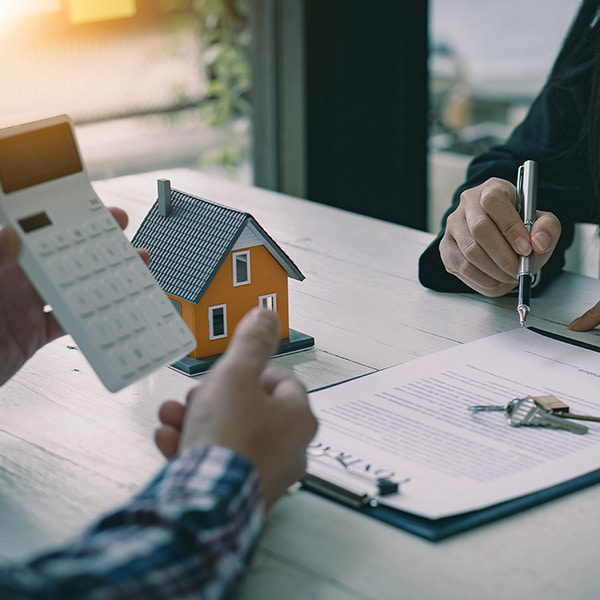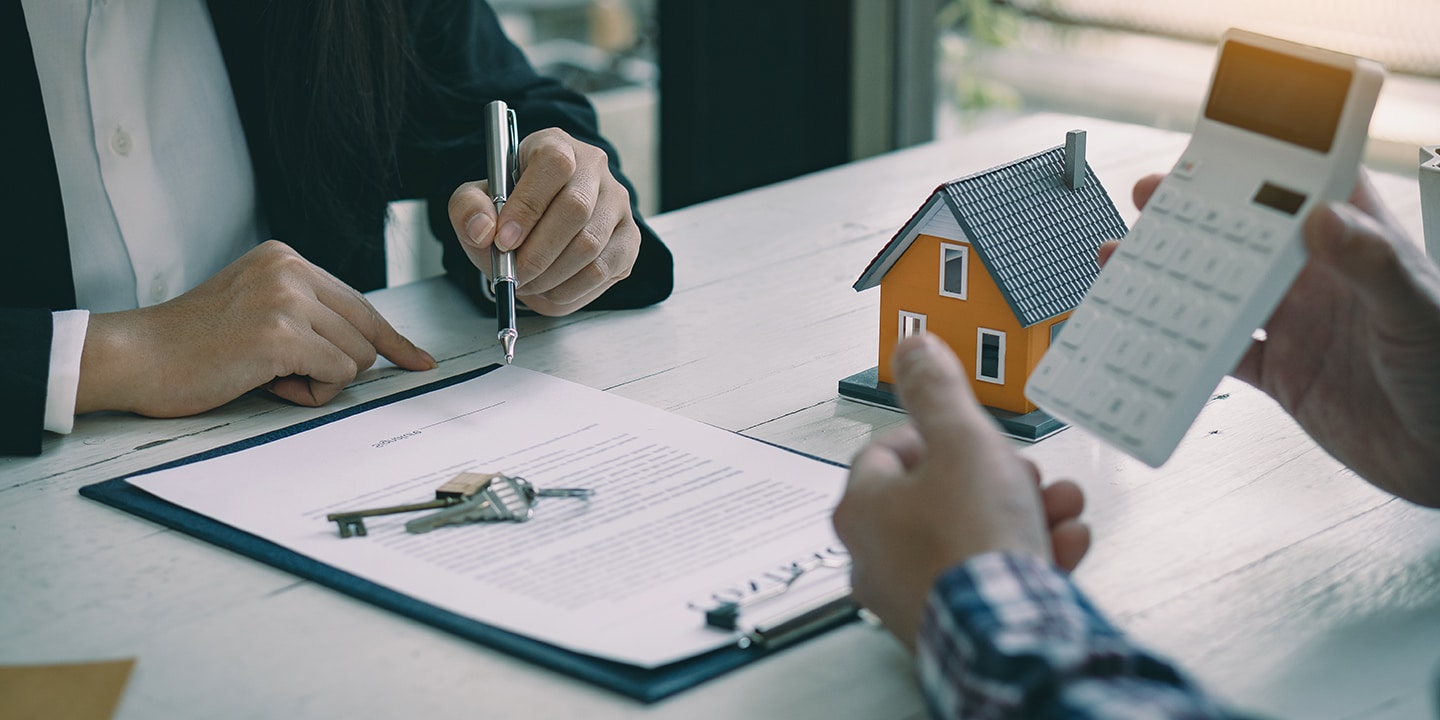

We are often asked this question. Of course, we respect the wishes of our customers, who may feel more ‘at ease’ not taking out a mortgage and enjoying the full benefits of their property. However, we would also draw his attention to the obvious advantages of taking out a reasonable mortgage. In doing so, they will benefit from clear tax advantages and a much more attractive capital gain.
Let’s look at the various points in more detail, and take two examples:
Mr and Mrs Dupont buy a property for 200,000€ excluding acquisition costs.Let’s assume an average rate of 20% (VAT, registration fees, notaries, etc.).
The “deed in hand” price of the flat is therefore 240,000€ including VAT.Mr and Mrs Dupont have decided to pay for their investment out of their own funds. As prudent managers, they do not wish to take out a loan for the purchase of this property..
Let’s consider an average capital gain of 3% per year for 15 years. So 200,000€ (purchase price) X 1.03 15 = 312,000€.
Without financing, by selling their flat after 15 years, Mr and Mrs Dupont will be able to realise a capital gain of 72,000€
(i.e. 30% of the 240,000€ invested at the time of purchase).

Mr and Mrs Janssens are buying the same property but have decided to finance their purchase. They want the rental income to cover the mortgage repayments and the owner’s expenses.Based on an estimated rent of 900€ per month, they have decided to pay no more than 750€ per month in mortgage repayments.They will borrow 130,000€ over 15 years and pay the balance from their own funds. That’s a capital investment of 110,000€.
They invested 110,000€ and will be able to sell their property in 15 years’ time for 312,000€. This represents a capital gain of 202,000€ on the capital invested.
With financing, by selling their flat after 15 years, Mr and Mrs Janssens will be able to obtain a capital gain of 202,000€, or 183% of the equity invested. They will also benefit from the tax advantages associated with this loan, making the rental income tax-free.
